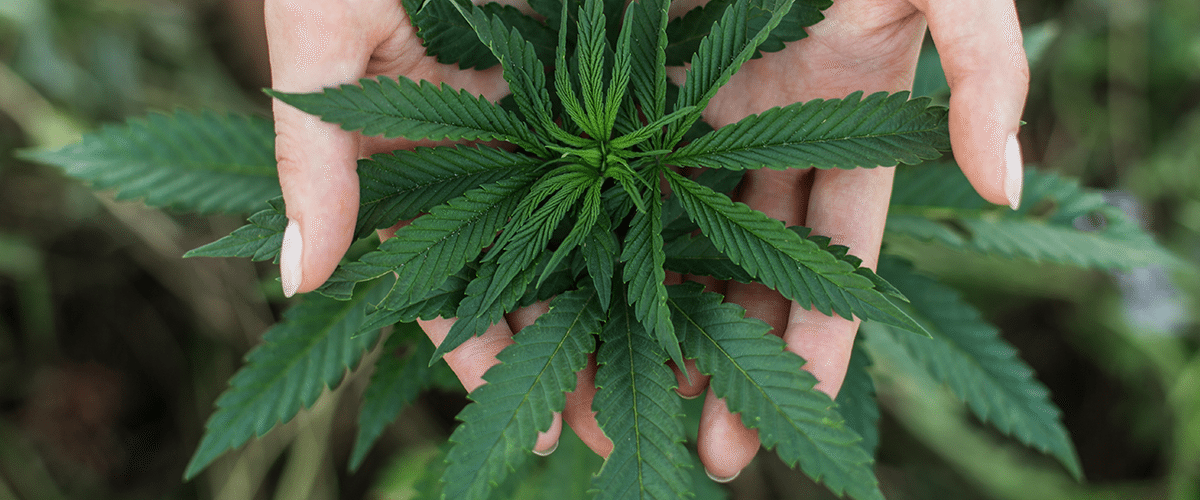[vc_row][vc_column][vc_column_text]
Researchers at a Colorado State University lab are conducting a collection of studies to examine cannabis’ potential therapeutic effects on multiple sclerosis.
A team of researchers at the Integrative Neurophysiology Laboratory (INPL) is investigating whether cannabis could have therapeutic effects on the fatigue and disability symptoms associated with multiple sclerosis (MS). More than 400,000 people in the United States are diagnosed with MS, an often-disabling autoimmune disease of the central nervous system that can cause fatigue, spasticity, pain, numbness, and movement difficulties.
Traditional medicines and therapies have proven ineffective for relieving the symptoms caused by MS, but anecdotal evidence and several preliminary studies indicate that cannabis could be therapeutically beneficial. The volume of research demonstrating cannabis’ efficacy for MS symptoms, however, is lacking. Conducting clinical trials where participants are given cannabis are highly difficult to do because of cannabis’ Schedule I classification.
In an effort to further explore cannabis’ potential for managing MS symptoms, the INPL at Colorado State University is conducting a collection of studies focused on developing a clearer understanding of cannabis potential.
The lab just recently completed an online survey of 139 MS patients. The goal was to learn what types of cannabis products are being used, as well as how often and for how long the cannabis is being consumed. Sixty-six percent of participants reported that they use some form of cannabis, and 56 percent said they are using either smokable or edible products. Of the cannabis users, 78 percent claimed using cannabis helped them reduce or completely stop the intake of other medications.
The INPL researchers, including Dr. Thorsten Rudroff, also found that the respondents that are using cannabis reportedly had lower disability scores on the Guy’s Neurological Disability Scale, a scale used to evaluate neurological disability.
INPL is already in the midst of another observational research study. The study, which is examining the effects of regular cannabis use on physical function and activity levels in MS patients, is expected to end in mid 2017.
“My lab’s long-term goal is to determine whether cannabis can safely and effectively treat MS symptoms,” wrote Rudroff, in an article for The Conversation. “But because of the current federal regulations our lab can conduct only observational studies at this time.”
The INPL researchers hope these observational studies will lay the groundwork for eventual randomized clinical trials. They will first have to obtain a special license to handle cannabis material.
“We want to conduct clinical research to understand what cannabis products MS patients should use, in what dosage and in what form of ingestion,” said Rudroff. “We also want to find out whether long-term cannabis use is safe, and if the effectiveness changes over time due to increased tolerance.”
INPL has already had its first clinical study, “Medical marijuana and its effects on motor function in people with Multiple Sclerosis: An observational case-control study,” approved by the CSU Institutional Review Board. The lab is currently recruiting participants and once the special license for the study is approved it can begin its research.
Learn more about the research already done on cannabis’ effects on MS by visiting our education page.[/vc_column_text][/vc_column][/vc_row]






